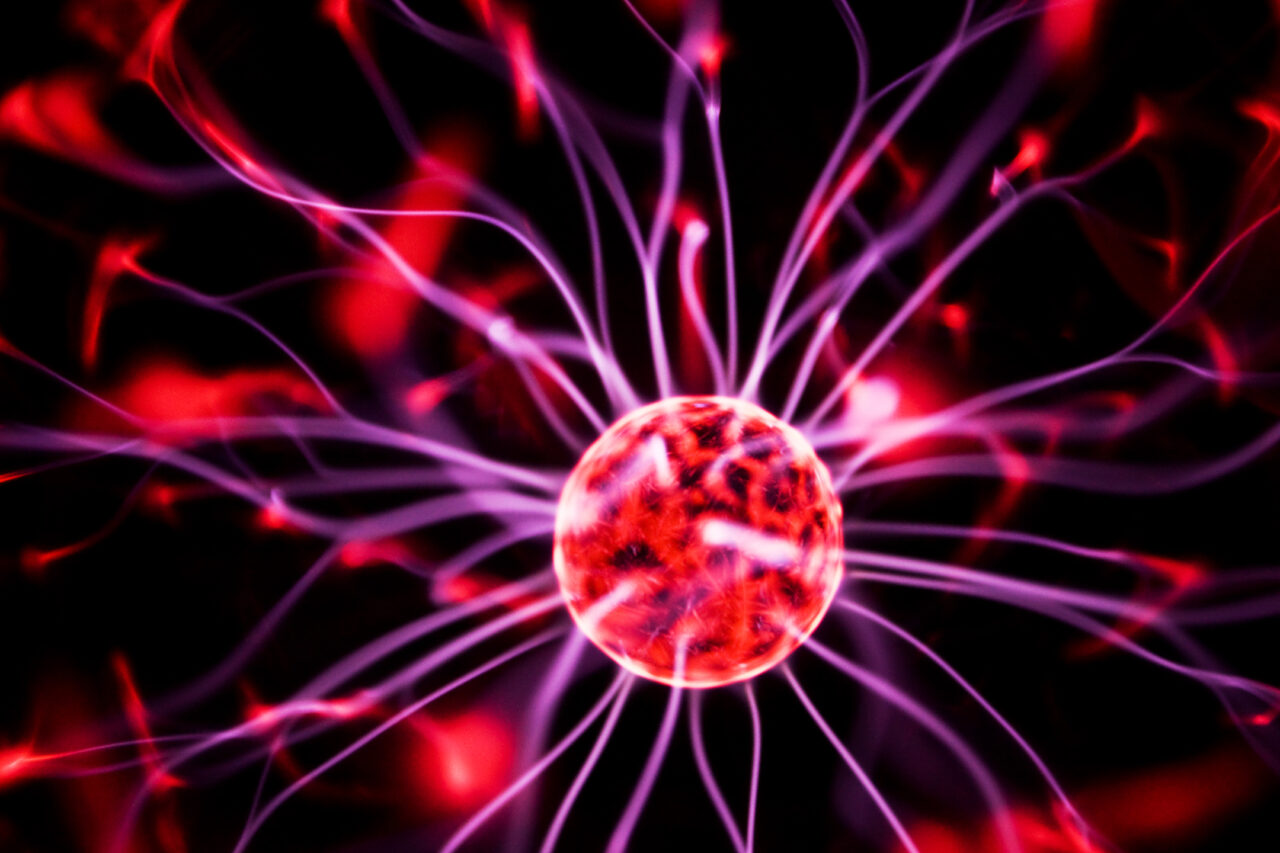Brain metastases from breast cancer patients have elevated levels of Cdk5, which is typically found in neurons and is associated with poor outcomes. Researchers led by Dihua Yu, M.D., Ph.D., and Arseniy Yuzhalin, DPhil, examined how breast cancer cells spread to the brain and evade the immune system to develop. The researchers discovered that astrocytes, a type of cell in the brain, trigger the overproduction of Cdk5 in breast cancer cells metastasized to the brain, which reduces the expression of MHC-I, a critical signal for immune system recognition. Inhibiting Cdk5, either genetically or pharmacologically with roscovitine, restored normal MHC-I levels and reduced the survival and outgrowth of cancer cells in the brain.
Further, blocking Cdk5 enhanced responses to immunotherapy by increasing the presence of immune cells in brain metastasis tumors in vivo. The study highlights Cdk5 as a viable therapeutic target for patients with brain metastases from advanced breast cancer.


